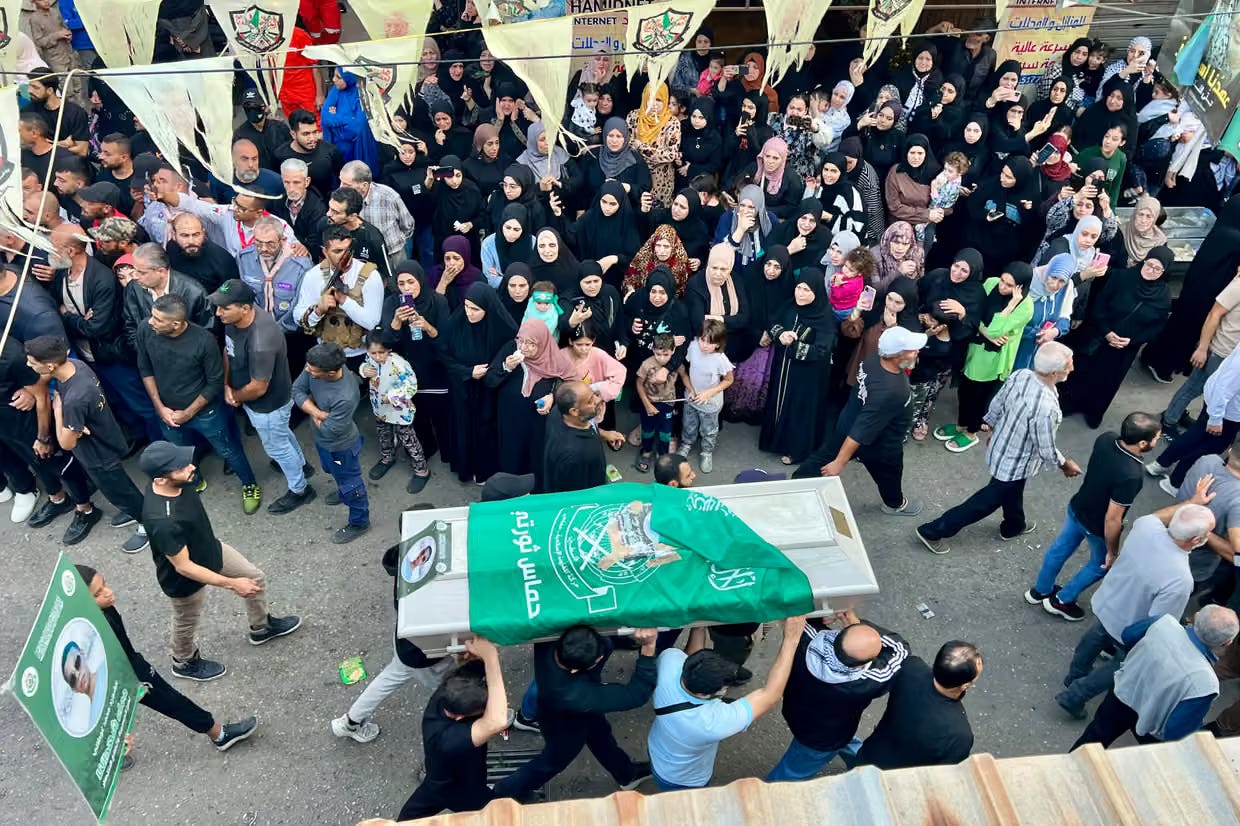At least 127 civilians killed in Israeli strikes on Lebanon since ceasefire, UN says
A year since deal agreed, UN calls for investigation into possible violations of international law by all parties

Nearly a year after a ceasefire was brokered between Israel and Hezbollah, UN officials say Israeli attacks on Lebanon have killed at least 127 civilians, prompting renewed demands for impartia…



